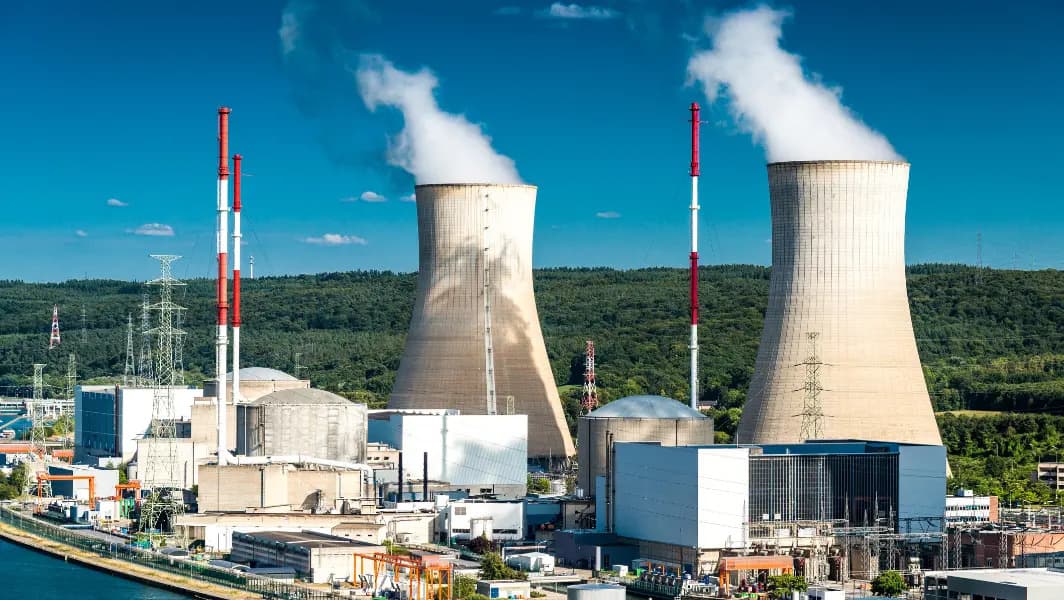
Supreme Court Debates U.S. Agency’s Authority Over Nuclear Waste Storage Licensing
Justices Weigh Limits of Federal Power in Nuclear Waste Regulation
The U.S. Supreme Court is currently deliberating a pivotal case concerning the federal government’s authority to license nuclear waste storage facilities. The case questions whether a U.S. agency, specifically the Nuclear Regulatory Commission (NRC), has overstepped its power in granting licenses for temporary storage sites without explicit state approval.
The outcome could have significant implications for nuclear waste management, state sovereignty, and federal oversight in the energy sector.
The Dispute: Federal vs. State Control
At the heart of the case is whether the NRC has the unilateral authority to approve nuclear waste storage sites, even when state governments object. Opponents, including several state governments and environmental groups, argue that the federal agency is bypassing state regulatory frameworks and ignoring environmental risks.
Proponents of the NRC’s authority claim that a centralized approach to nuclear waste disposal is necessary to ensure safe and efficient storage of radioactive materials. They argue that state-by-state obstruction could hinder national efforts to manage nuclear waste responsibly.
Legal Arguments Before the Court
During oral arguments, justices expressed concerns over the scope of the NRC’s power and whether its licensing decisions undermine states’ rights. Some justices questioned whether the agency is exceeding its congressional mandate, while others highlighted the necessity of a uniform national policy for handling nuclear waste.
The case also raises questions about long-term nuclear waste disposal, as the U.S. has yet to establish a permanent repository after the stalled Yucca Mountain project in Nevada. Many interim storage sites are now at capacity, making licensing disputes even more urgent.
Potential Consequences of the Ruling
A ruling limiting the NRC’s authority could reshape the way nuclear waste is managed in the U.S., potentially giving states greater control over storage site approvals. This could complicate federal efforts to establish new facilities and prolong the ongoing debate over where to safely store radioactive waste.
On the other hand, if the Supreme Court upholds the NRC’s power, it could set a precedent for broader federal oversight in energy and environmental regulations, reinforcing the agency’s ability to make decisions independent of state opposition.
Political and Industry Reactions
The nuclear industry, which supports a streamlined licensing process, is closely monitoring the case, fearing that greater state intervention could lead to regulatory delays and increased costs. Environmental groups, meanwhile, argue that states should have more input in decisions affecting their land and communities.
With nuclear energy playing an increasing role in the transition to cleaner power sources, the Supreme Court’s ruling could shape the future of nuclear waste policy for decades to come. A decision is expected later this year, with both sides awaiting clarity on the balance of power between federal agencies and state governments.
For any enquiries or information, contact info@thelawreporters.com or call us on +971 52 644 3004. Follow The Law Reporters on WhatsApp Channels